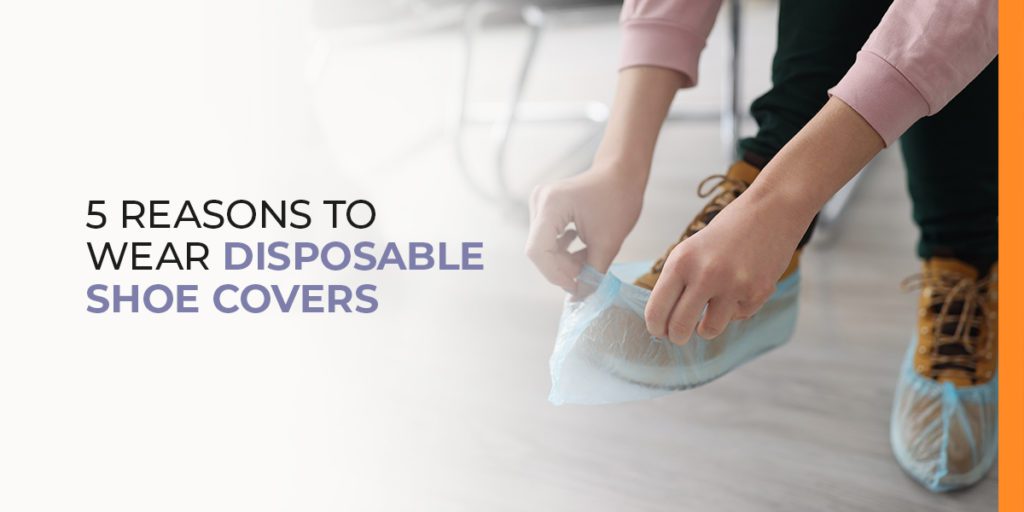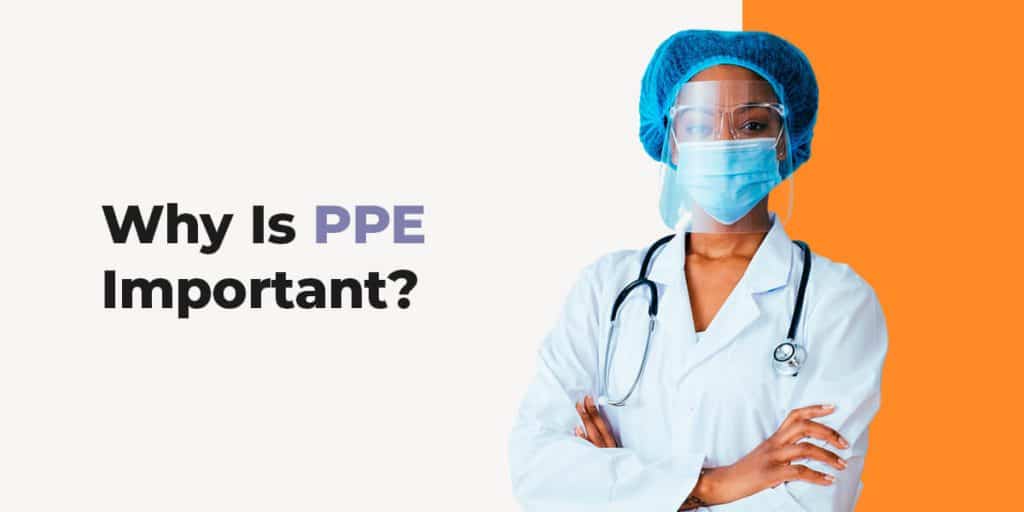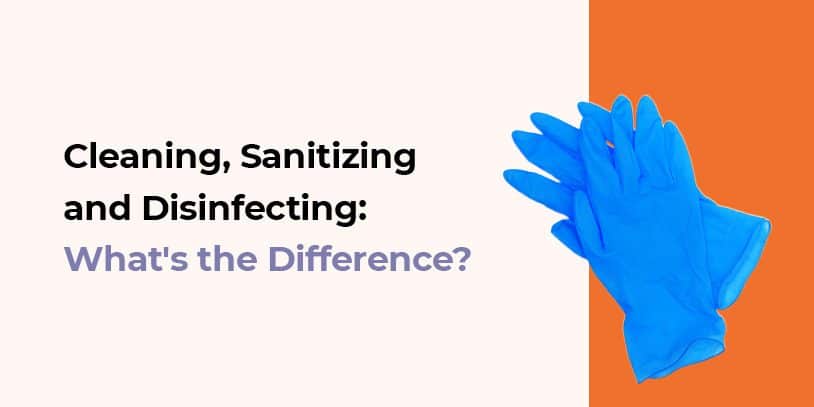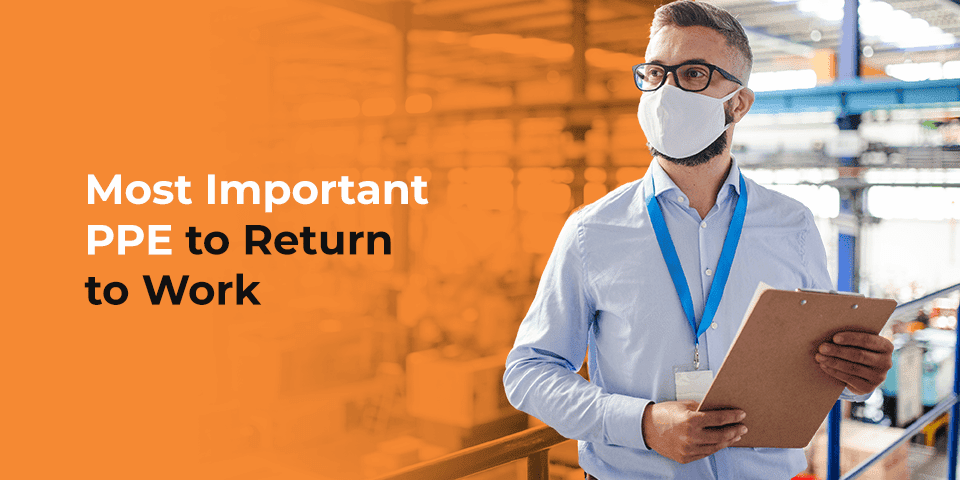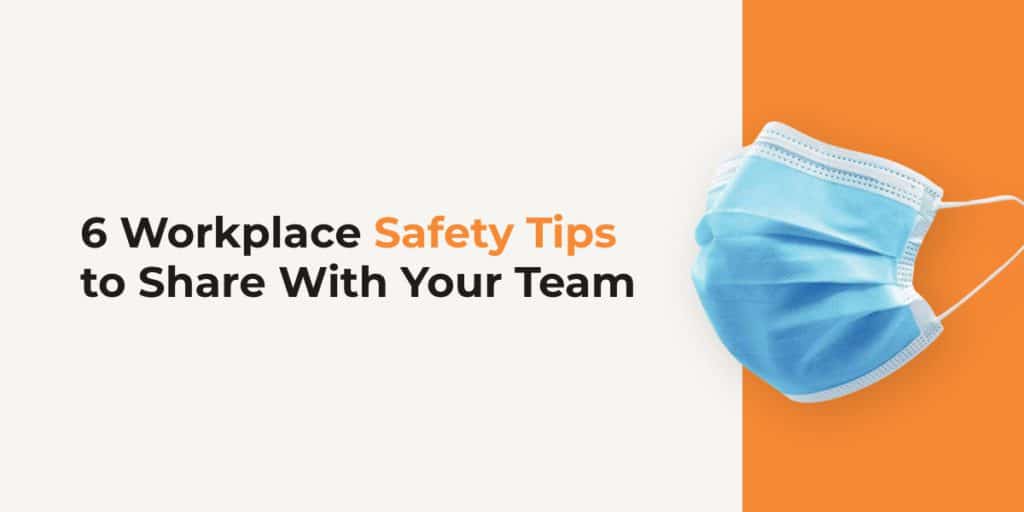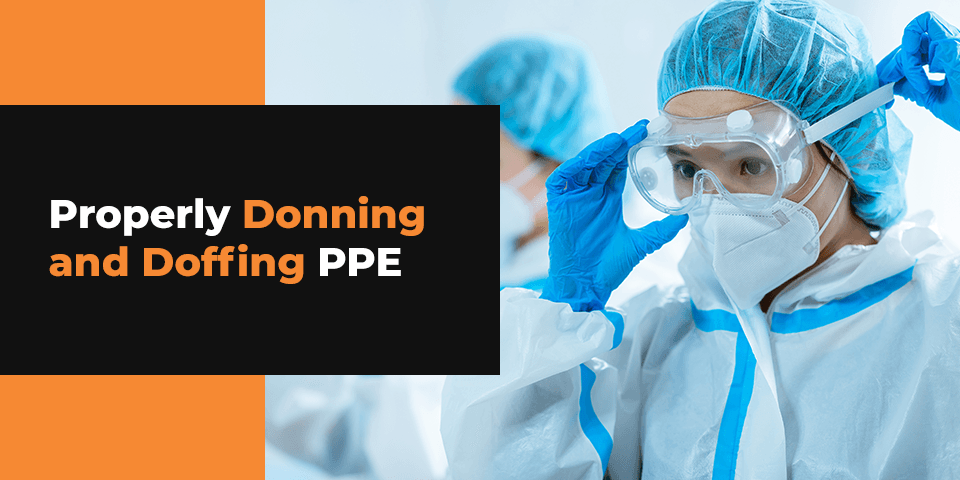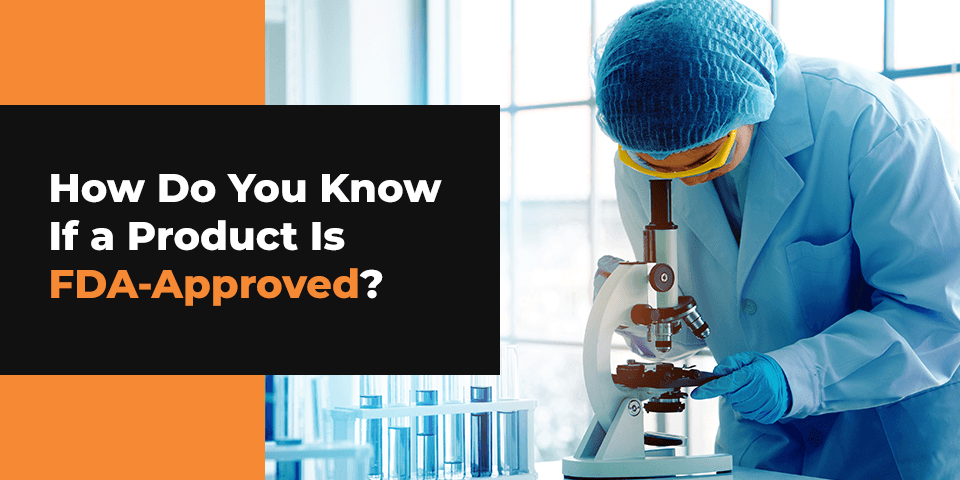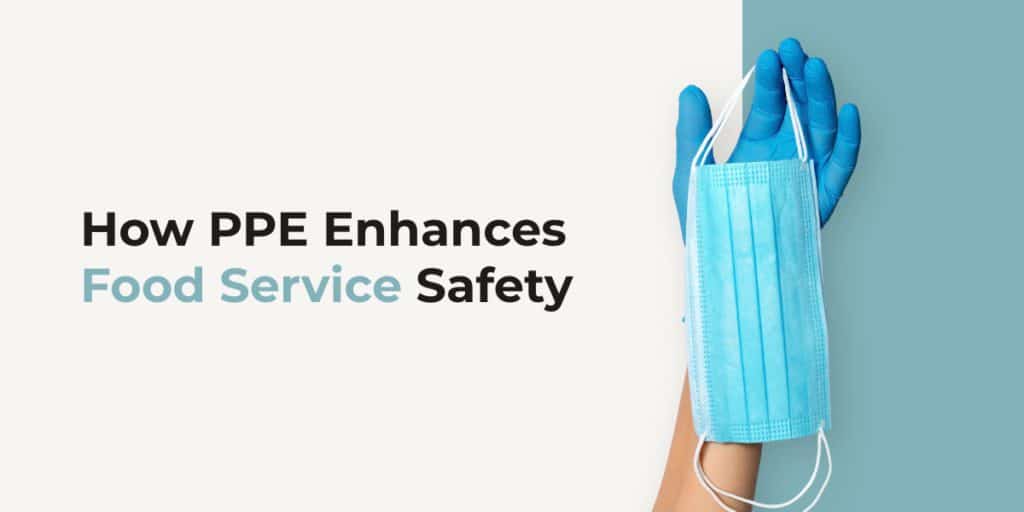PPE
Chemical Handling and Manufacturing Safety
Safety in the chemical industry is essential — with workers regularly handling hazardous chemicals, protection is a must. Personal Protective Equipment (PPE) reduces the safety risks of hazards that cause injuries and illnesses in the workplace. Any industry working with hazardous chemicals is open to accidents — proper safety procedures and equipment help create safer work environments. …
Read More5 Reasons to Wear Disposable Shoe Covers
Shoe covers have a range of applications. They are essential personal protective equipment (PPE) for shielding against germs. These products can also aid in cleanliness by preventing individuals from tracking in dirt and other materials. In this article, we’ll explain five ways that shoe covers are beneficial. What Are Disposable Shoe Covers? Disposable shoe covers…
Read MoreWhy Is PPE Important?
Personal protective equipment, often abbreviated as PPE, is an important part of the workplace as it aims to protect workers from serious injury or illness. PPE use has surged because of the COVID-19 pandemic, however, corporations should always encourage PPE usage to protect workers from all types of occupational hazards. Hospitals and healthcare facilities, along…
Read MoreElements of a Respiratory Protection Program
Workplaces, including manufacturing, biochemical production, construction, research and other industries, may expose workers to airborne contaminants. Having the right personal protective equipment (PPE) and a respiratory protection program can help keep your team safe. When Is a Respiratory Protection Program Needed? The Occupational Safety and Health Administration (OSHA) mandates employers to implement a written respiratory…
Read MoreCleaning, Sanitizing and Disinfecting: What’s the Difference?
Whether you’re nearing the summer months or preparing for the next flu season to hit your workplace, it’s important to ensure the safety of your employees and patrons. Doing so will build trust while preventing the spread of harmful diseases and illnesses. But to get started, it’s crucial to understand the difference between cleaning vs.…
Read MoreMost Important PPE to Return to Work
As people are returning to work amid COVID-19, it is now more crucial than ever to have the right types of personal protective equipment (PPE) available to keep employees safe. But what types of PPE are most important for employees to have when they return to work? This article will break down what PPE rules…
Read More6 Workplace Safety Tips to Share With Your Team
Sharing workplace safety tips on posters, in manuals and newsletters and as part of meetings reinforces the message that safety is important in your workplace and gives employees the tools they need to stay safe on the job. Some safety tips are universal across industries. 6 Safety Tips for the Workplace Safety in the workplace…
Read MoreHow to Store PPE
If your business needs personal protective equipment (PPE), you’re likely buying in bulk, which makes correct PPE storage essential. SUNLINE Supply can ensure you have the right amount of PPE for every need. With this guide, we present some best practices to ensure your protective gear is well-organized and stored properly. The Importance of Proper…
Read MoreProperly Donning and Doffing PPE
Personal protective equipment (PPE) are products intended to protect the wearer against germs and viruses. For medical purposes, proper use of PPE can minimize germ spreading, reduce the risk of infection in healthcare providers and prevent dangerous exposure to other patients. However, these protection products are only effective when used appropriately. PPE is an umbrella…
Read MoreWhat Is a Culture of Safety?
A culture of safety is a proactive way to prevent injuries while promoting enhanced responsibility, health and safety at your company. A safety culture is holistic, combining processes, mindsets, goals, attitudes, approaches and training to make a company’s health and safety program a regular part of your organization at every level. Why Is a Culture…
Read MoreHow Do You Know If a Product Is FDA-Approved?
The U.S. Food and Drug Administration has regulatory authority over a broad scope of products. The FDA’s regulatory jurisdiction may align closely with other government agencies, making it challenging for consumers to know which agency is responsible for approving specific products. Generally, the FDA is responsible for regulating food, medical devices, drugs and biologics, cosmetics,…
Read MoreHow PPE Enhances Food Service Safety
Anyone handling ready-to-serve foods is required to wear specific forms of PPE. Taking this extra level of precaution helps to limit the spread of germs coming from raw foods, preparation surfaces and employees. Personal protective equipment also helps to prevent accidents in kitchens and high-traffic areas. Take care of your workers and customers by investing…
Read More
